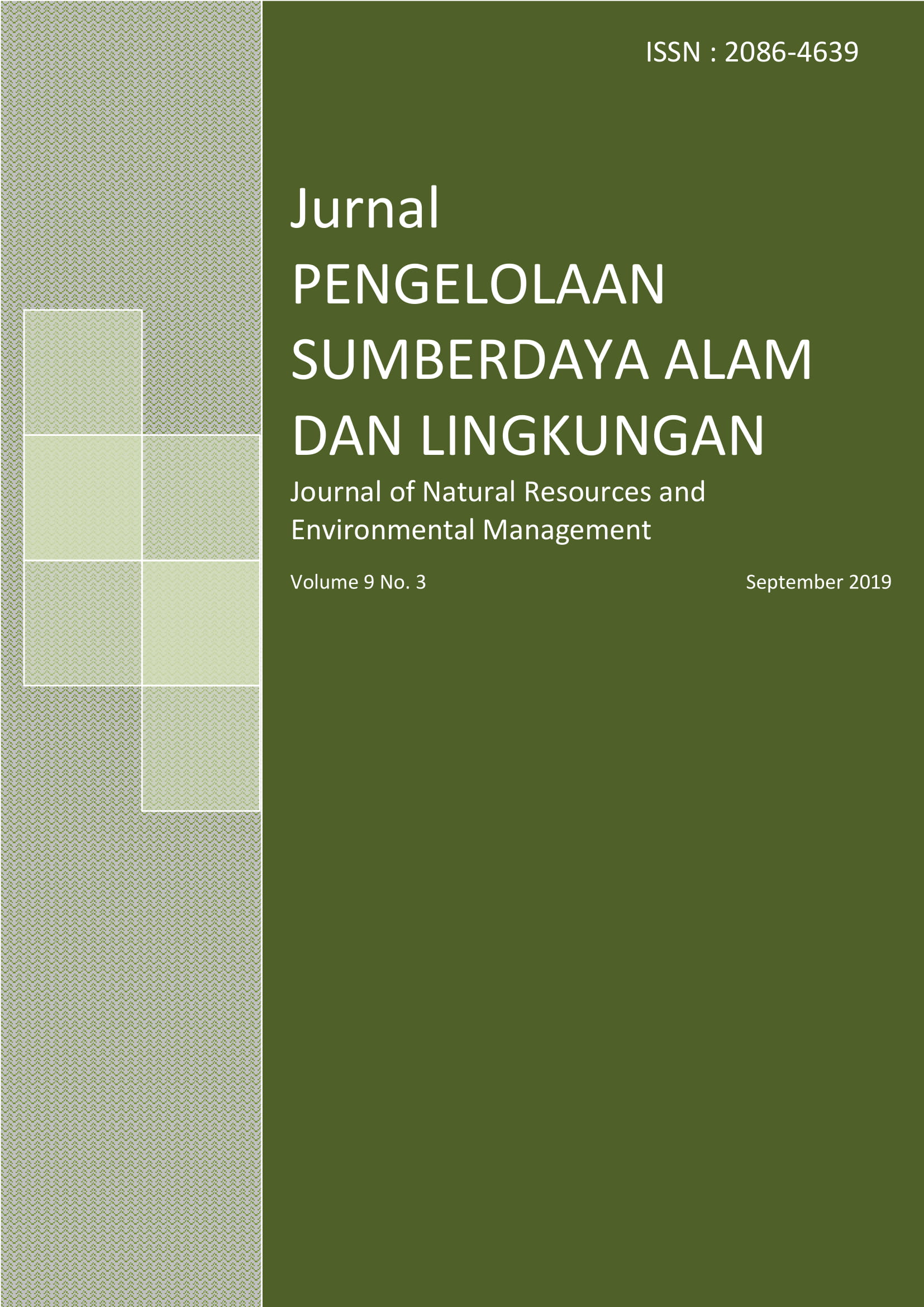Analisis Peran Koperasi dalam Pengelolaan Hutan Rakyat di Kebumen
Abstract
Community forests are a viable alternative for timber suppliers. Community forestry institutions are required to ensure its sustainability. Cooperatives become one of the appropriate alternatives in accordance with the institution at the site level in community forest development. One of the peasant organizations that manages the human resources in the form of cooperatives is a Taman Wijaya Rasa Cooperative (Kostajasa) located in Kebumen. This study aims to analyze the role of Kostajasa in community forest management. The descriptive analysis used in describing the role of Kostajasa in community forest management supporting three community forest subsystems, namely production, processing and marketing subsystem. Kostajasa has played a good role in all three subsystems. In the production subsystem, there are still less roles in the determination of timber products to be managed, and setting the felling regulation. In the processing subsystem Kostajasa have already play a good role to connect several industries to receive raw materials from farmers’ timber and maintain the demand continuity for raw materials so that farmers’ timber is absorbed. In the marketing subsystem, Kostajasa also play a good role among others, shorten the marketing chain of wood products from community forest and offering a better price outside Kostajasa.
Authors
Authors who publish with this journal agree to the following terms:
- Authors retain copyright and grant the journal right of first publication with the work simultaneously licensed under a Creative Commons Attribution License that allows others to share the work with an acknowledgement of the work's authorship and initial publication in this journal.
- Authors are able to enter into separate, additional contractual arrangements for the non-exclusive distribution of the journal's published version of the work (e.g., post it to an institutional repository or publish it in a book), with an acknowledgement of its initial publication in this journal.
- Authors are permitted and encouraged to post their work online (e.g., in institutional repositories or on their website) prior to and during the submission process, as it can lead to productive exchanges, as well as earlier and greater citation of published work (See The Effect of Open Access).






